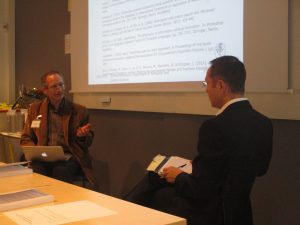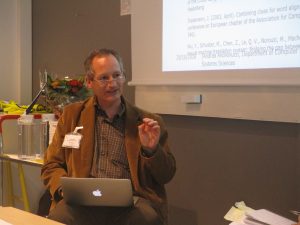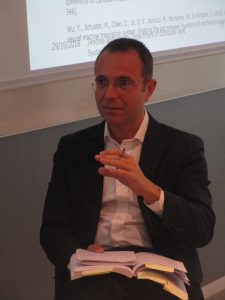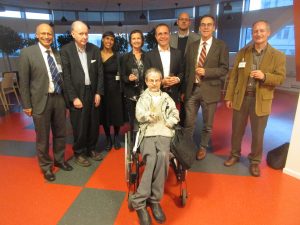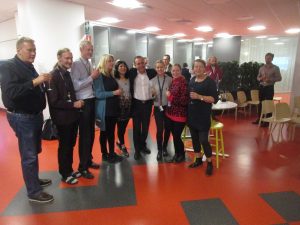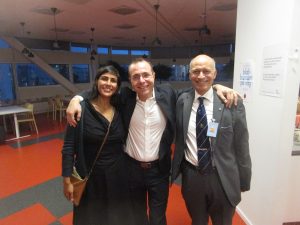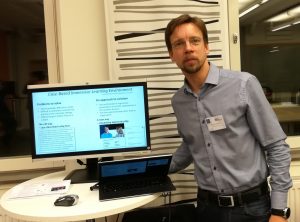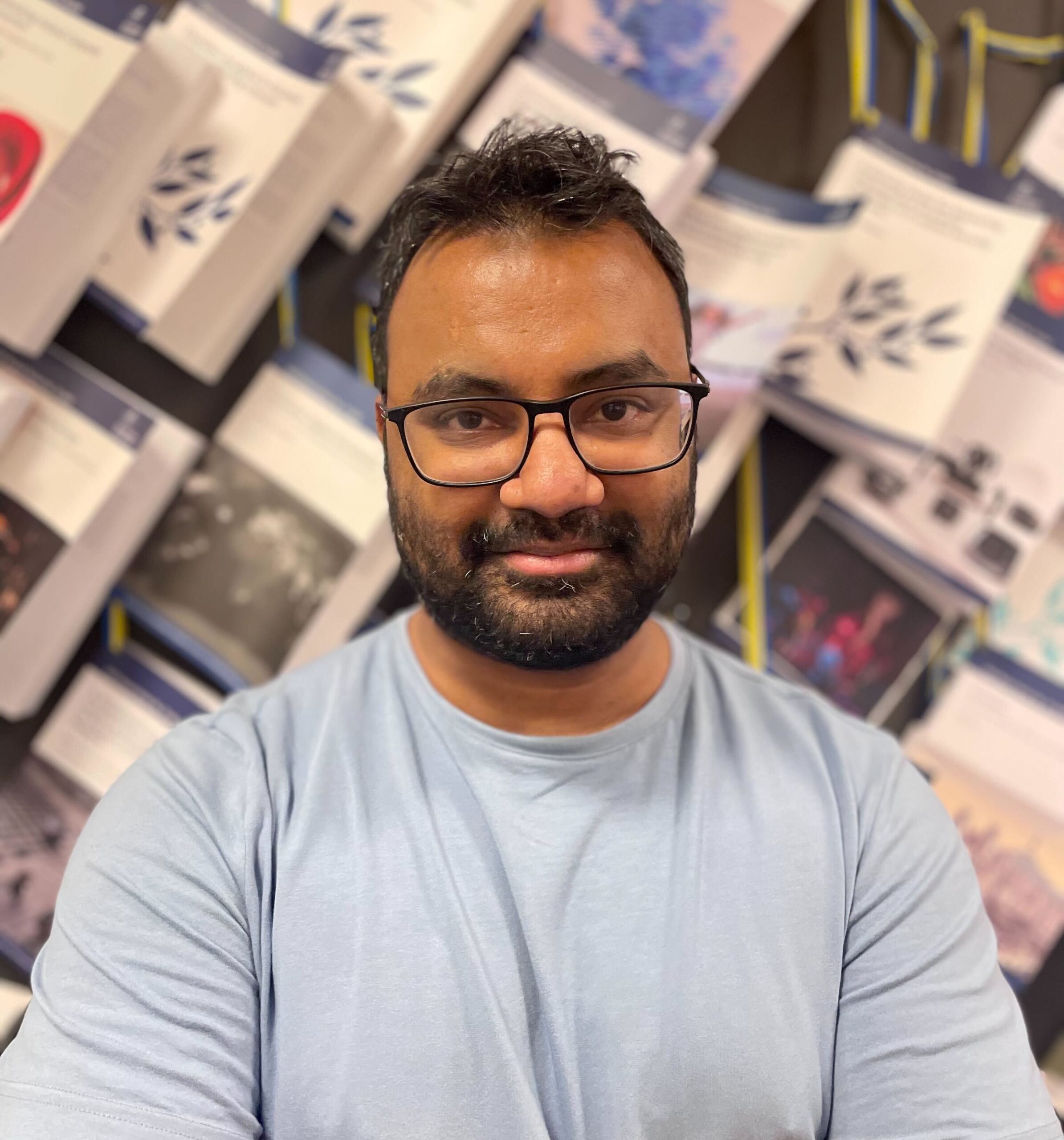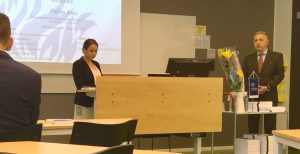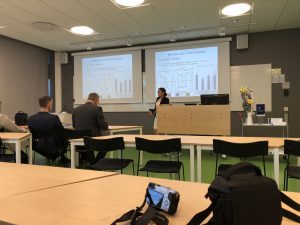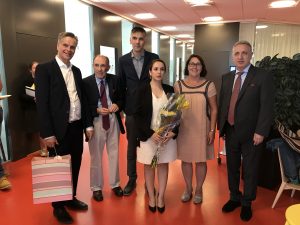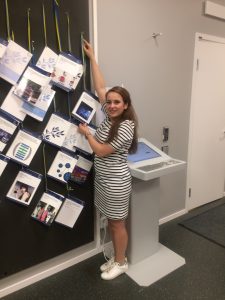Hello everyone. I hope you are all fine and enjoying this beautiful winter. 🙂
Recently I have attended the EMNLP 2018 conference. It was held in Brussels, Belgium at the city center from 31 October to 04 November.
Just a few statistics about the conference,
EMNLP 2018 had 14 workshops, six tutorials, three invited speakers, 351 long paper presentations, 198 short paper presentations, 10 TACL paper presentations, and 29 demos. It received 2,231 valid submissions, a 48% increase over EMNLP 2017.
I attended the ”LOUHI 2018”, the Ninth International Workshop on Health Text Mining and Information Analysis and the BlackboxNLP: Analyzing and interpreting neural networks for NLP workshop. The ”LOUHI 2018”, the health text mining and information analysis workshop provided an excellent overview of the current trend in this area. The total number of attendee was close to a hundred. I have observed that most of the works there are based on deep neural networks, and they have particular importance on interpretability. The BlackboxNLP workshop was focused on this interpretability issue, and I have learned some recent trends there. I have written a short report about some papers of the the conference that can be sent on request.
Brussels is a magnificent city. During the lunchtime, I tried to visit as much as possible the city center. I tried the Belgian chocolate, french fries, and the famous waffle. They were mouth watering delicious.
Overall it was an excellent experience for me. I met a lot of new people who are working in the same direction as mine. I learned some new concepts. Most importantly, it gave me immense strength and assurance that, I am not alone in this journey. There are a lot of researchers in this area. I can always learn from them.
